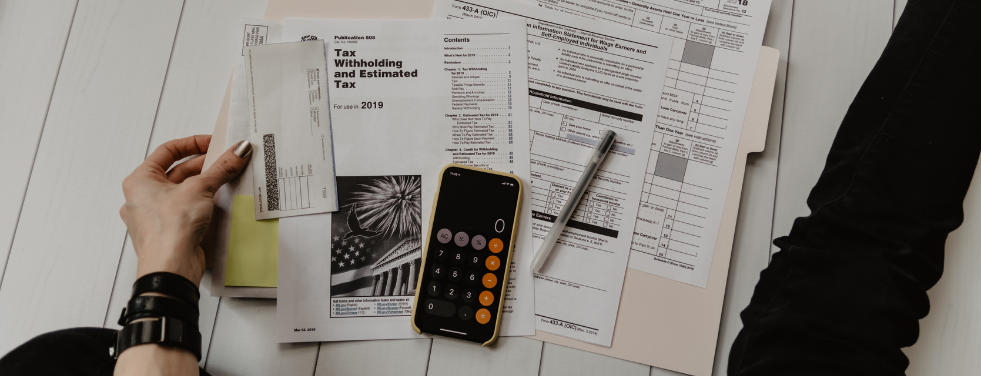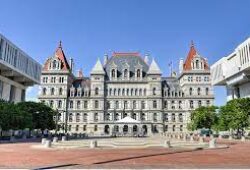The IRS Adjusts Lookback Period for Pandemic-Era Tax Refunds
 Posted On
Posted On
Did you file your 2019 or 2020 tax return during the pandemic?
If so, it is possible that if you applied during the deferred periods between April 16, 2020 and July 15, 2020 or April 16, 2021 and May 17, 2021.
Tax Refund
The credits you claimed and the refunds you filed could now fall outside of the three-year tax refund lookback period that the IRS typically allows in freelancing.
To fix this, the IRS recently took action by eliminating the mismatch between the time to file for a credit or refund.
The three-year lookback period caused by the postponement of certain filing deadlines for the 2020 and 2021 tax years.
Result
The intended result is to avoid the denial of timely credit or refund applications that were included in returns filed under pandemic-deferred deadlines for taxpayers who had withheld or estimated payments. You may recall that the IRS tried to provide some relief and assistance to taxpayers during the COVID-19 pandemic by delaying filing deadlines.
If you are a taxpayer who took advantage of the deferred filing period and are planning to apply for a credit or refund.
You would not be able to do so without this recent change from the IRS due to misaligned dates.
Keep in mind that the IRS also limits the amount of credit or refund you can claim even if you filed on time.
It is what’s called a look-back period, which is generally two or three years.
lookback
This particular change to the lookback period only includes a three-year lookback period and is not an extension of the filing deadline.
Taxpayers who file claims for credits or refunds within three years of the filing date of their original return will have their credits.
Refunds limited to amounts paid during the three-year period prior to filing the claim plus the period of any extension of time for filing the original return.
The issue the IRS is now addressing is that when the IRS pushed the 2019 and 2020 deadlines.
The grace period was not included in the three-year lookback period, causing a data mismatch.
The new guidance from the IRS does not take into account the grace period for filing returns for TY 2019 and 2020 to determine the start of the lookback period, which allows for a new arrangement of the three-year lookback period.
However, in postponing these due dates, the IRS did not extend the look-back period for refunds claimed on returns filed after April 15.
In general, a taxpayer’s request for a refund must be submitted no later than three years from the date of filing the tax return. to which the claim relates or two years from the date on which the tax to which the claim relates was paid.
This is called the “hindsight rule”. A taxpayer can only get a refund for amounts paid during the look-back period.
Sources: Taxthomsonreuters | blog.freelancersunion.org


